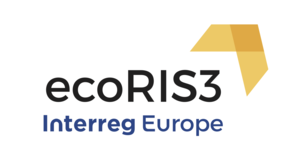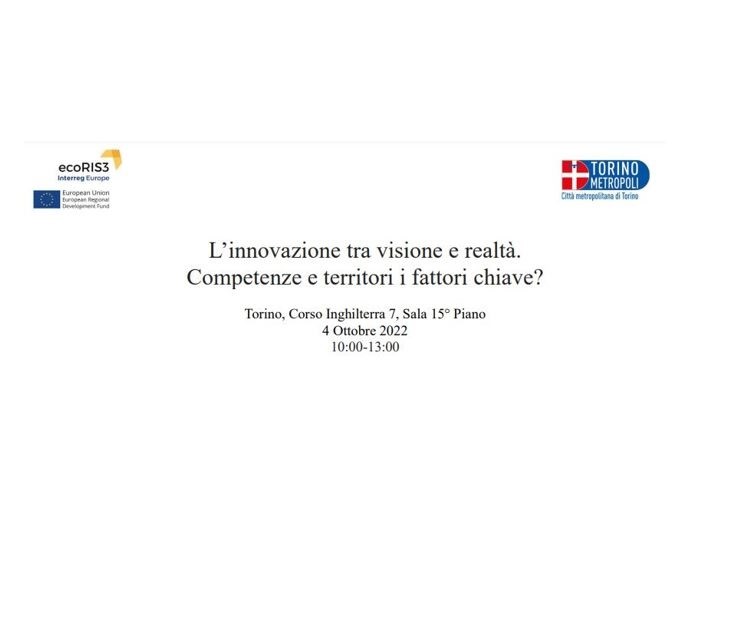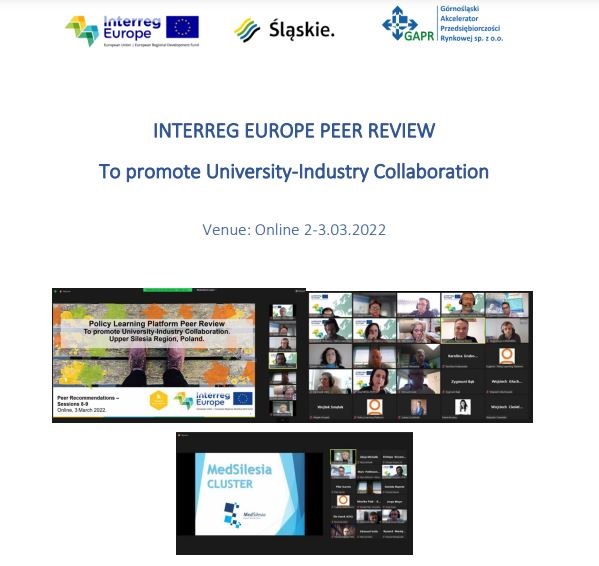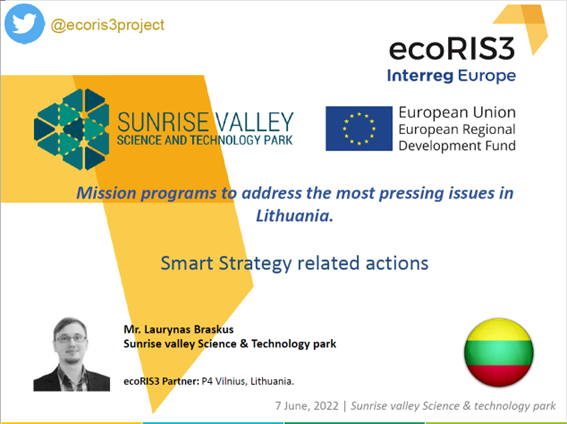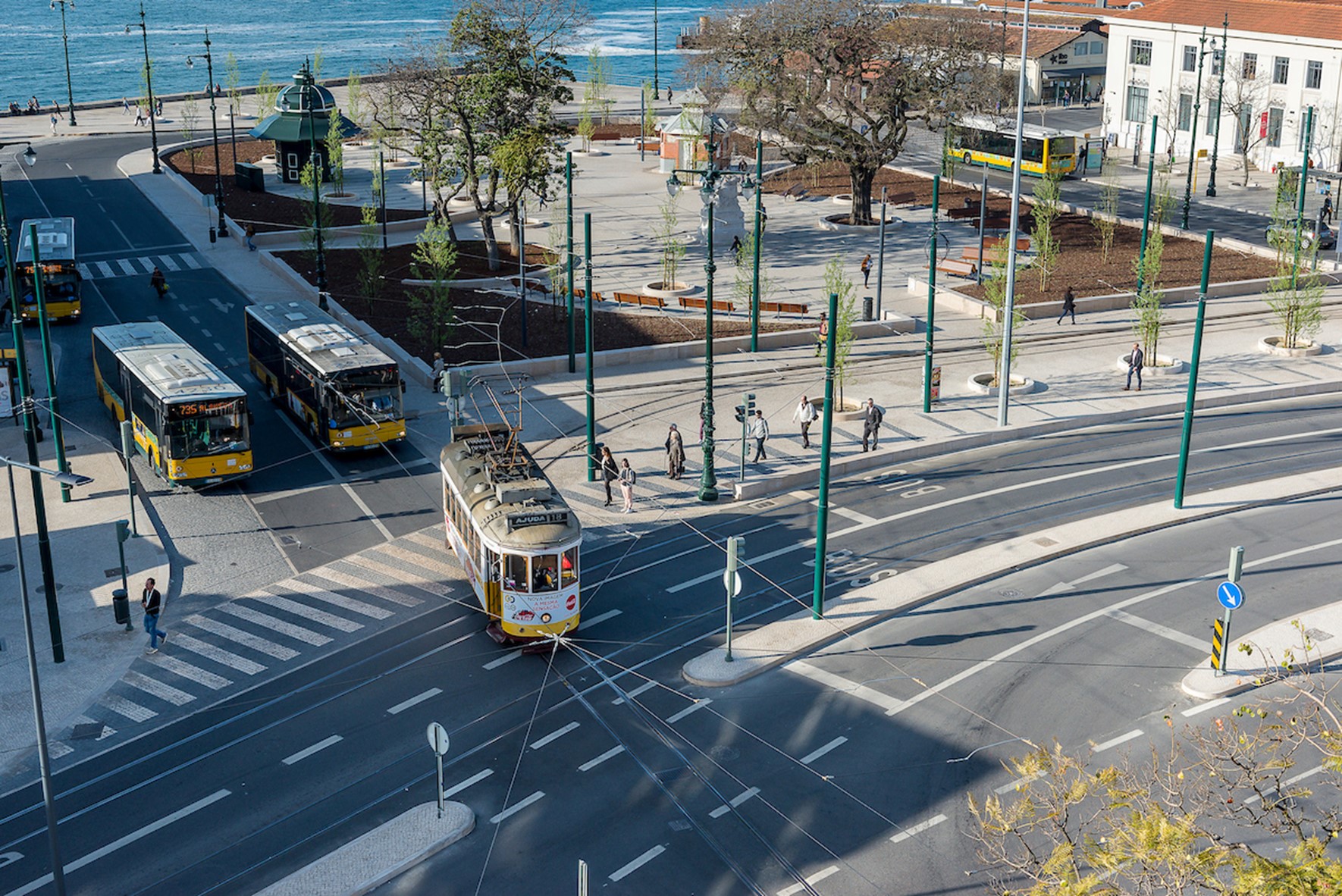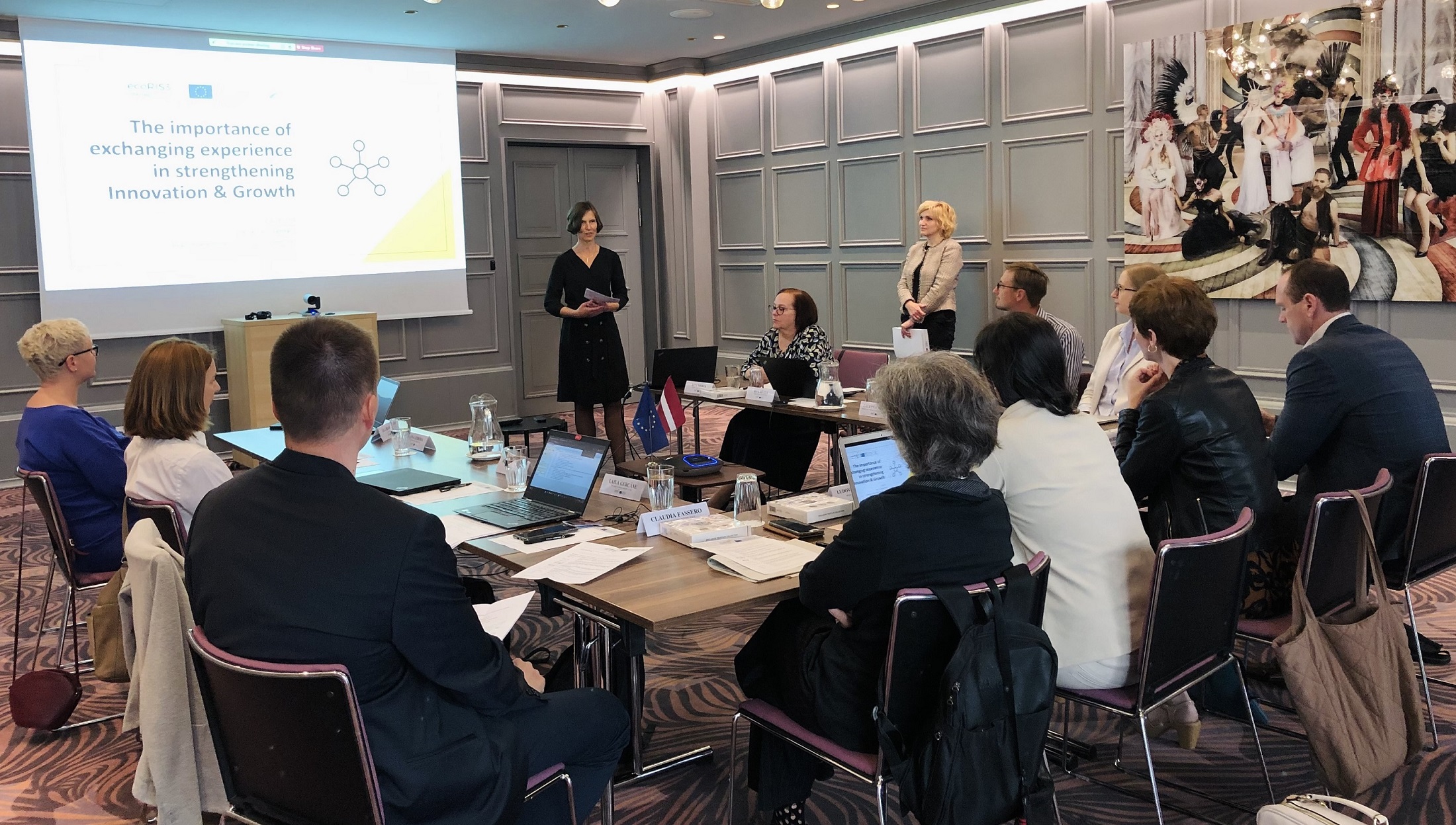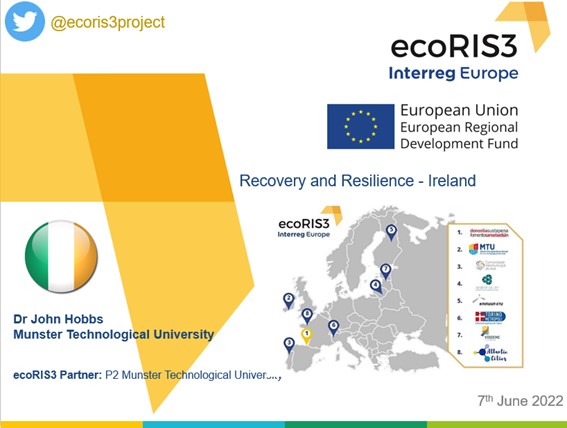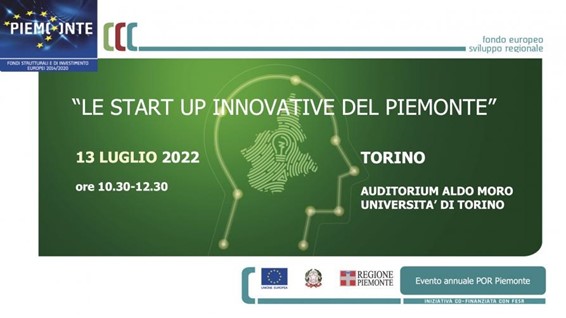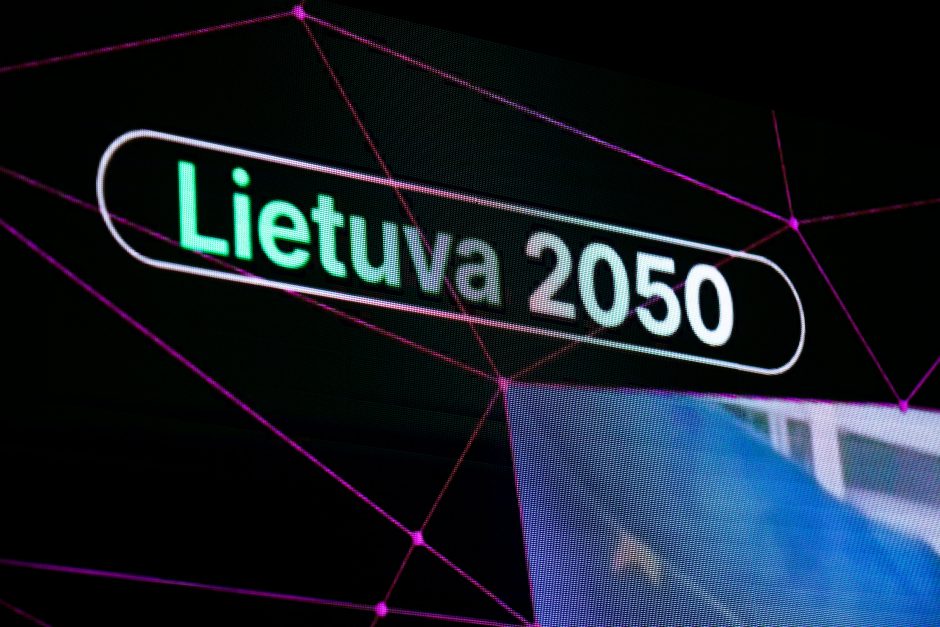Tyndall National institute are experts at designing, miniaturising and prototyping products to drive connectivity. These products enable digitisation of industry in the areas of manufacturing, smart energy, smart health, transport and mobility, and ICT innovation for the agri-food and the environment. The institute hosts the only full Silicon CMOS, Micro-Electro Mechanical Systems (MEMS) and III-V Semiconductor Wafer fabrication facilities and services in Ireland.
With a network of 200 industry partners and customers worldwide, Tyndall generates over 85% of its €35M income each year from competitively won contracts. Tyndall take the role of lead partner in European research programmes and have partnered with over 420 organisations in 40 countries to deliver scientific and industrial outputs worth €299 million in FP7, and continue to deliver value to European research in H2020 with 53 projects funded so far (8 coordinated).
Tyndall has extensive experience in managing access programs and is partnering with a number of regional, national and European clusters to:
- launch needs-driven initiatives;
- coordinate with public authorities and local government;
- build European partnerships;
- provide B2B match-making and brokerage.
Tyndall is coordinating: ASCENT, an H2020 project providing SMEs with access to state-of-the-art facilities in nanoelectronics and PIXAPP, an H2020 project offering the world’s first open access photonics packaging pilot manufacturing line. Tyndall provides innovation testbeds for SMEs to trial technology platforms including: Actphast, Gate One and KET4CleanProduction, co-investment programmes of demonstrators, and Smarter-SI. Tyndall hosts the ESA Space Solutions Centre Ireland which supports entrepreneurs for the uptake of space technology in new products and services in a non-space environment.

Image: The Research Centres Hosted @ Tyndall.
In regards to learning and knowledge transfer, Tyndall offers a varied and extremely transferable range of services to industry and academia. One of their most successful programmes relates to their labelling as a national gateway for industry and academia to access ICT-related expertise and capabilities in Ireland. Their €200m Infrastructure investment is available to SMEs and academics in Ireland as essentially a library of expertise – where individuals/organisations can apply for access through Tyndall and Enterprise Ireland.
Smart devices and smart connected objects are the underlying technologies of the most recent wave of digital transformation that impacts industry and society at large, through new products, services and business models. The potential economic impact to both technology and traditional sectors is immense. However, it is a challenge to transform ideas and knowledge into new products and services. Tyndall lower barriers for innovation through offering additional services regionally and across borders to enable SMEs to adopt new digital technologies and generate growth opportunities.
Tyndall also houses a number of nationally focused collaborative research centres on-site in Cork. Which allow for cross collaboration and spark innovation internally. These include:
Connect: Ireland’s flagship research centre for communications networking, services, applications and technologies with a mission to research, develop and innovate solutions to the communications challenges facing society.
Microelectronic Circuits Centre Ireland: World leading industry-led analogue and mixed-signal circuit’s research centre. 17 projects with 25 companies span applications from high end computing to medical devices.
IPIC: Developing next generation highly compact and miniaturised photonic components and systems. Working from low volume prototype production and testing, to developing faster and more energy-efficient optical communication systems, smart optically-enabled medical devices and novel sensors for environmental monitoring.
International Energy Research Centre (IERC): Delivering world leading collaborative research to meet global societal needs for secure, affordable and sustainable energy services.

Image: Seamus Coghlan, Cork City Council representing InnovaFoster; Giorgos Fagas, Head of EU Programmes, Tyndall National Institute; and Dr John Hobbs, Senior Lecturer at CIT representing ecoRIS3 @ Tyndall.
Results:
Tangible Tyndall Outputs:
Retention in 6 new areas
- Research Infrastructures
- Innovation in SMEs
- Health
- Space
- Factories of the Future
- Energy Efficient Buildings
Proposal retention to over 25% above EU average
- EU average success rate: 11.9%
- Irish average success rate: 14.8%
- Tyndall success rate (current average): 22.5%
50% Increase of Irish industry participations
- FP7 baseline for Irish industry: €6.6m
- H2020 (current): €12.1m - 83% above baseline
For Further information on WSSIC see https://www.tyndall.ie/
